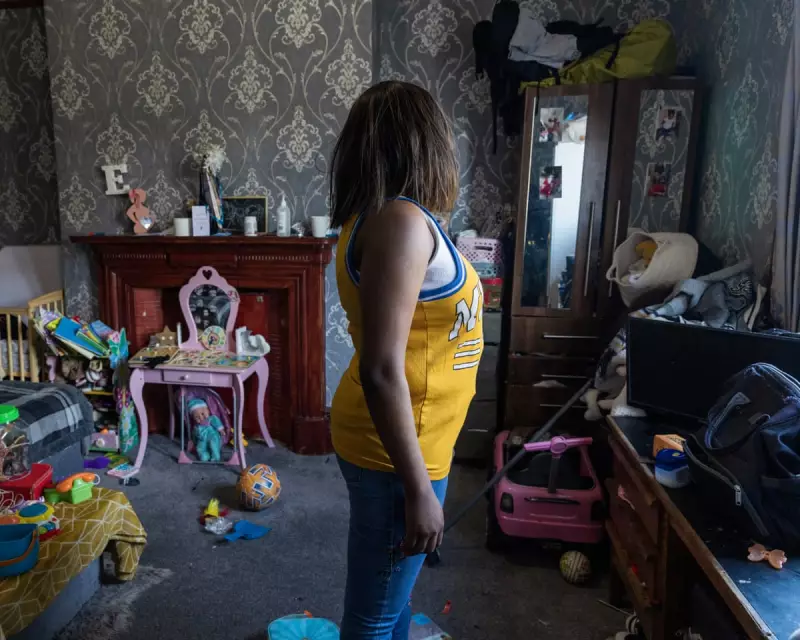
‘I’m missing so much of my son’s life’: The Human Cost of UK Asylum Reforms
A mother seeking asylum in Yorkshire has spoken of her anguish at being separated from her teenage son for nearly a decade, as the Labour government implements a major crackdown on the UK's asylum system. Kim, 35, who fears for her safety and has asked to use only her first name, last saw her son in person when he was just four years old. He is now 13.
"My son says 'I miss you, when am I seeing you?'" Kim revealed. "Sometimes I lie to give him false hope. There's a growing detachment there, because he knows I have lied to him."
Sweeping Asylum Reforms End Automatic Family Reunion
On Monday, the government published a policy document outlining sweeping reforms that Prime Minister said were designed to address "severe strain on both our asylum system and our wider social contract." The changes formally end the automatic right to family reunion for refugees, which previously allowed people's relatives to join them in the UK once their asylum claim was accepted.
Under the new system, once an asylum seeker secures refugee status, they must transition to a new "protection work and study" visa - for a fee - "if they obtain employment or commence study at an appropriate level." Only then might they become eligible to sponsor family members, but the government warns that "the same conditions may apply" as for other legal migrants and UK citizens.
This raises the prospect of refugees facing the same £29,000-a-year minimum income requirement that UK citizens must meet to sponsor a family visa. Most students in the UK are already unable to bring dependents under existing rules.
Four-Year Wait for Reunion Despite Nursing Ambitions
Kim's situation highlights the practical impact of these changes. She is currently on an access course pathway to training as a nurse while awaiting a decision on her asylum case. Even if her claim is successful, it will be approximately four years before she can hope to earn £29,000 - meaning she has no clear timeline for when she might see her son again.
"I am grateful for the sanctuary I have here, but I'm missing so much of my son's life and I worry for his safety," Kim said. "I try to pass my values on to him over the phone. I have a three-year-old daughter who was born here. I feel guilty giving her so much attention when I have another child who isn't getting that attention."
Kim explained that she was visiting the UK nine years ago, raising awareness of political repression in Zimbabwe, when she was identified as a government critic back home, making it unsafe for her to return. She cannot leave the UK while awaiting an asylum decision, even if she could afford to travel overseas to see her son.
Broader Policy Changes and Criticism
The government initially suspended automatic family reunion in September, with Monday's policy document outlining plans for "stricter requirements" including reforms to the application of Article 8 of the European Convention on Human Rights - the right to respect for family and private life.
The document also proposes reducing leave to remain for refugees to two-and-a-half years and implementing a 20-year wait for eligibility for settled status.
Nick Beales of the Refugee and Migrant Forum of Essex and Greater London condemned the measures: "It's now clear that Labour's shameful decision to suspend family reunion for recognised refugees was just the first shot in their war on asylum rights. The human cost of keeping vulnerable people separated from their loved ones is huge."
A Home Office spokesperson said further details would follow on the new family reunion requirements and that they did not comment on individual cases.
Kim concluded with a poignant reflection: "People like me want to contribute. I want to work with elderly people, giving people comfort in their final days, like we do in Africa. The decision to leave your culture is not one people make easily. Any country can face war or political trouble. Zimbabwe might not be safe for me, but many people have moved there for refuge. Anyone can find themselves in a position where they need help - and the UK isn't the only country that gives people help, it's what human beings do for other human beings."





